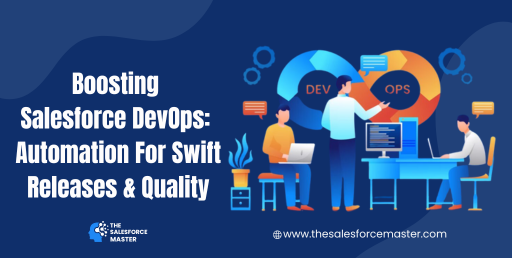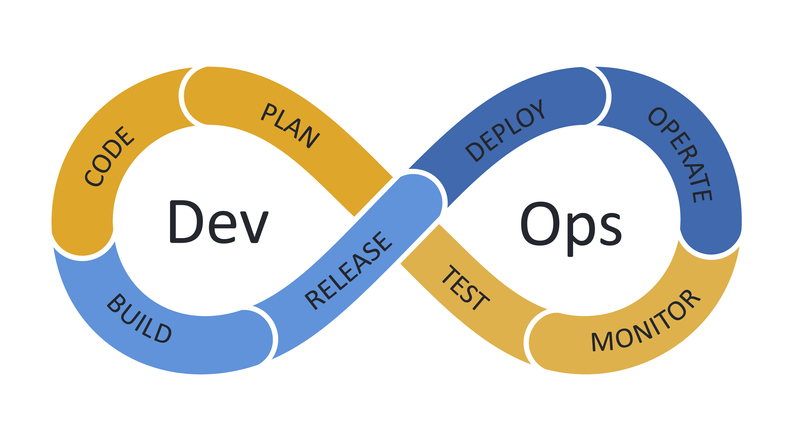
Maximizing Salesforce DevOps Efficiency: Streamlining Swift Releases and Enhancing Quality
In today’s fast-paced business landscape, Salesforce marketers are constantly seeking ways to boost efficiency and ensure swift releases of their products. One key strategy gaining traction is the implementation of robust automation processes within Salesforce DevOps.
Harnessing Automation for Seamless Integration
Embracing automation tools and techniques enables Salesforce marketers to streamline their development pipelines. By automating repetitive tasks such as code deployment and testing, teams can significantly reduce manual errors and accelerate the release cycle.
Moreover, automated testing frameworks like Selenium and Provar facilitate thorough quality assurance, ensuring that each Salesforce update meets stringent standards before deployment. This not only enhances product quality but also instills confidence among stakeholders.
Optimizing Collaboration with Agile Methodologies
Adopting Agile methodologies fosters seamless collaboration between development, operations, and marketing teams. Through practices like daily stand-ups and sprint planning, teams can align their efforts towards common objectives, driving productivity and innovation.
Furthermore, Agile frameworks like Scrum and Kanban promote iterative development, allowing Salesforce marketers to swiftly respond to changing market demands and customer feedback. This iterative approach not only accelerates time-to-market but also enhances adaptability in an ever-evolving business landscape.
Leveraging Continuous Integration and Delivery (CI/CD)
Implementing CI/CD pipelines empowers Salesforce marketers to automate the entire software delivery process—from code integration to deployment. By continuously integrating code changes and automating testing, teams can identify and address issues early in the development lifecycle, minimizing disruptions and ensuring a seamless release process.
Additionally, automated deployment pipelines enable swift and reliable rollouts of Salesforce updates, reducing downtime and enhancing user experience. This approach aligns with the key objective of Salesforce marketers to deliver value to customers efficiently and consistently.
Conclusion:
In conclusion, the integration of automation into Salesforce DevOps processes is essential for boosting efficiency, accelerating release cycles, and enhancing product quality. By harnessing automation tools, adopting Agile methodologies, and leveraging CI/CD practices, Salesforce marketers can streamline their development pipelines and ensure swift, high-quality releases. Embracing these strategies will not only drive business success but also empower teams to stay ahead in today’s competitive marketplace.
For more updates about the articles, subscribe to www.thesalesforcemaster.com



